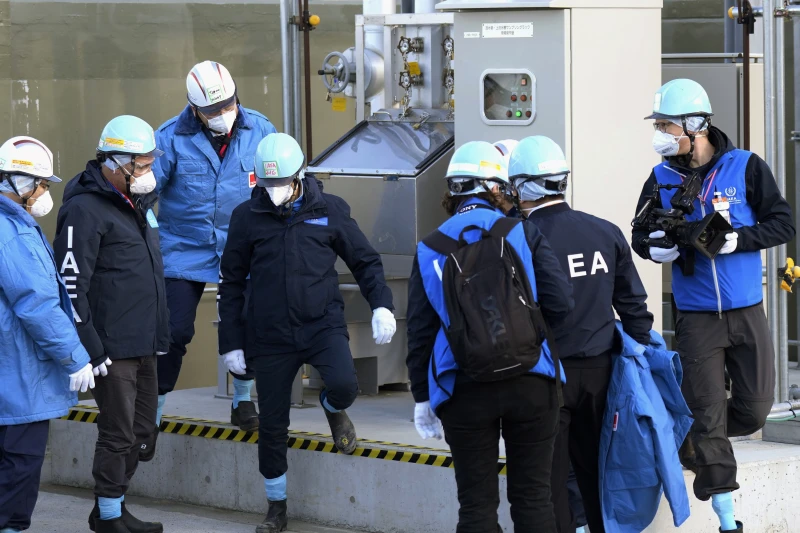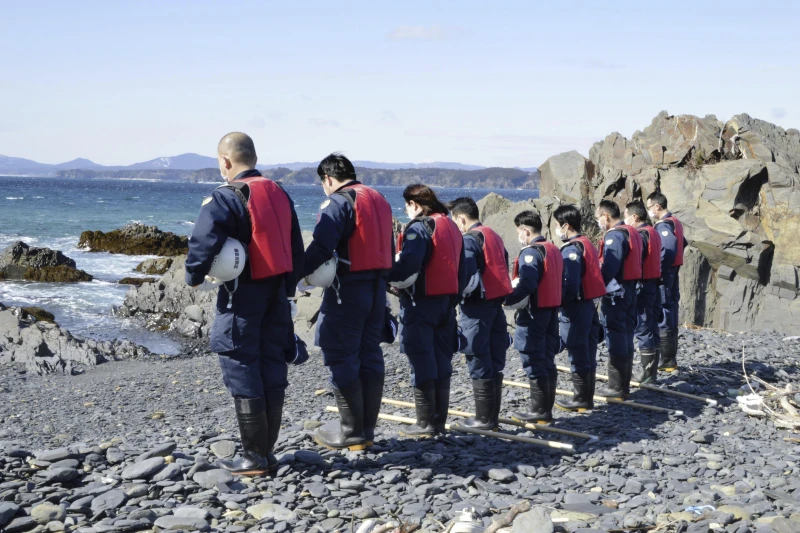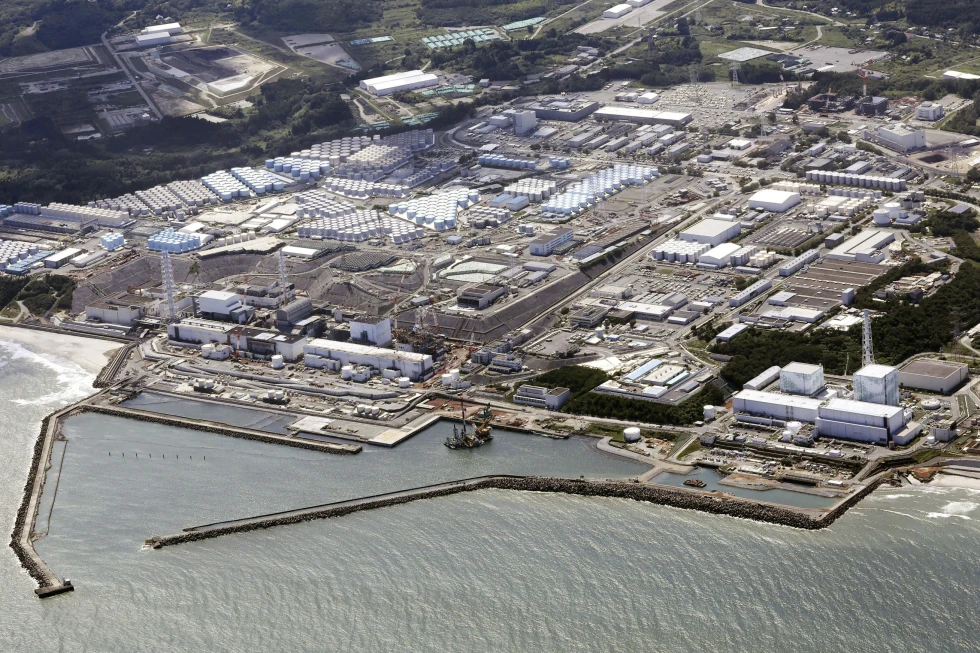The issue of the discharge of treated radioactive wastewater from the Fukushima Daiichi nuclear power plant into the sea has sparked significant controversy and concern, particularly among fishing groups and neighboring countries, with China being a prominent voice in opposition.
The recent talks between Japanese and Chinese experts in Dalian aimed to address Beijing’s apprehensions regarding this matter, as well as to provide a comprehensive explanation of the measures taken to ensure the safe implementation of the discharge.
The devastating events of the 2011 earthquake and tsunami in Japan inflicted severe damage upon the Fukushima Daiichi nuclear power plant, leading to the malfunction of its power supply and reactor cooling systems.
This catastrophic chain of events resulted in the meltdown of three reactors and the accumulation of substantial amounts of radioactive wastewater within the facility.
Over the course of more than a decade, this wastewater has been stored in tanks, occupying a significant amount of space within the complex.
In an effort to address this long-standing issue, the plant initiated the process of discharging the treated radioactive water into the sea on August 24.
Prior to this discharge, the water underwent treatment procedures and was diluted with seawater, following a meticulous scientific protocol to ensure the safety and efficacy of the operation.
It is important to note that this discharge process is expected to extend over a period of several decades, emphasizing the comprehensive nature of the approach taken by the Japanese authorities.
The concerns raised by China, including the imposition of a ban on Japanese seafood imports, have had significant implications, particularly for Japanese scallop growers and exporters who have been adversely affected by these restrictions.
The dialogue between Japanese and Chinese officials in Dalian sought to provide a science-based rationale for the discharge of the treated radioactive water, addressing the technical aspects of the process and the rigorous safety measures in place to mitigate any potential risks to the marine environment and public health.
As the international community closely monitors the developments surrounding the Fukushima Daiichi nuclear power plant and the discharge of radioactive wastewater into the sea, it is essential for all stakeholders to engage in constructive dialogue, transparent communication, and collaborative efforts to address the complex challenges posed by this environmental issue.
The significance of scientific expertise, regulatory compliance, and responsible decision-making cannot be understated in ensuring the effective management of radioactive wastewater and the protection of marine ecosystems and public well-being.
In conclusion, the talks between Japanese and Chinese experts represent a crucial step towards fostering mutual understanding, addressing concerns, and promoting cooperation in managing the aftermath of the Fukushima Daiichi nuclear disaster.

By upholding principles of scientific integrity, environmental stewardship, and international cooperation, both countries can work towards sustainable solutions that safeguard the health and safety of present and future generations.
The recent summit meeting between Japanese Prime Minister Fumio Kishida and Chinese President Xi Jinping in November marked a significant step towards addressing the ongoing issue of discharges from the Fukushima Daiichi nuclear power plant.
During the meeting, the leaders agreed to hold scientific talks by experts from both countries, leading to a series of informal meetings in the following months.
This collaboration between Japan and China on such a critical issue demonstrates a shared commitment to finding solutions through dialogue and cooperation.
The Japanese Foreign Ministry’s recent public acknowledgement of the talks signifies a level of transparency and openness in addressing the technical matters related to the discharges.
While details of the discussions have not been fully disclosed, it is clear that the experts have been engaging in constructive exchanges to address the challenges posed by the discharges.
The sensitivity of the issue underscores the importance of handling it with care and diligence, and the anonymous ministry official’s cautious approach in sharing information reflects this.
The confirmation by the International Atomic Energy Agency chief Rafael Mariano Rafael that the discharges have been safely carried out as planned adds a layer of assurance to the ongoing efforts to manage the situation at the Fukushima Daiichi plant.
This validation from an international authority lends credibility to the measures being taken by Japan to address the environmental and safety concerns associated with the discharges.
The significance of these developments cannot be understated, as they represent a positive step towards resolving a complex and challenging issue that has far-reaching implications.
By engaging in scientific talks and exchanging views on technical matters, Japan and China are demonstrating a willingness to work together towards finding sustainable solutions to the problems at hand.
The importance of transparency in these discussions cannot be overstated, as it is essential for building trust and fostering cooperation between the two countries.
As the dialogue between experts from Japan and China continues, it is crucial that both sides remain committed to finding common ground and addressing any differences that may arise.
The challenges posed by the discharges from the Fukushima Daiichi plant require a coordinated and collaborative approach, and the ongoing talks between the two countries offer a promising avenue for progress.
In conclusion, the recent scientific talks between experts from Japan and China on the issue of discharges from the Fukushima Daiichi nuclear power plant represent a significant development in addressing this complex and sensitive issue.

The commitment to transparency, cooperation, and dialogue demonstrated by both countries is a positive sign of their shared dedication to finding solutions to the challenges at hand.
As the discussions continue, it is essential that both sides remain focused on working towards a mutually beneficial outcome that prioritizes the safety and well-being of all those affected by the situation.
